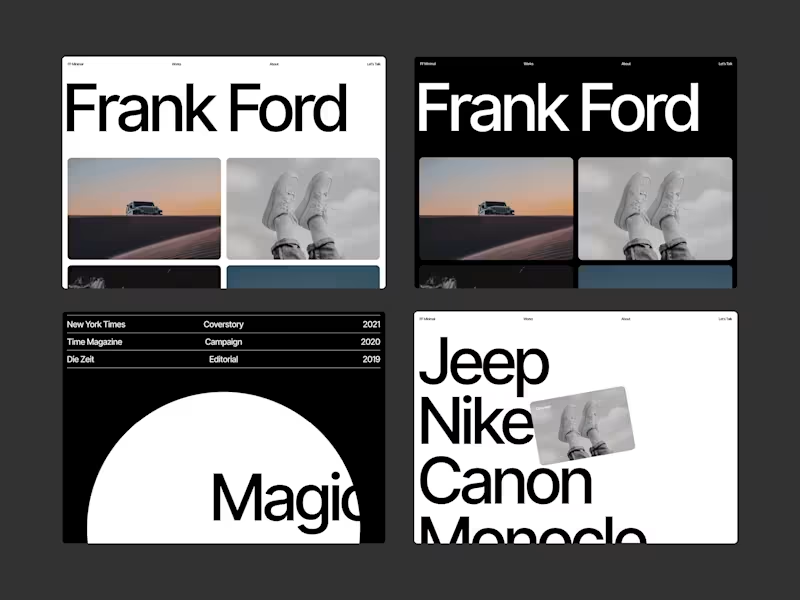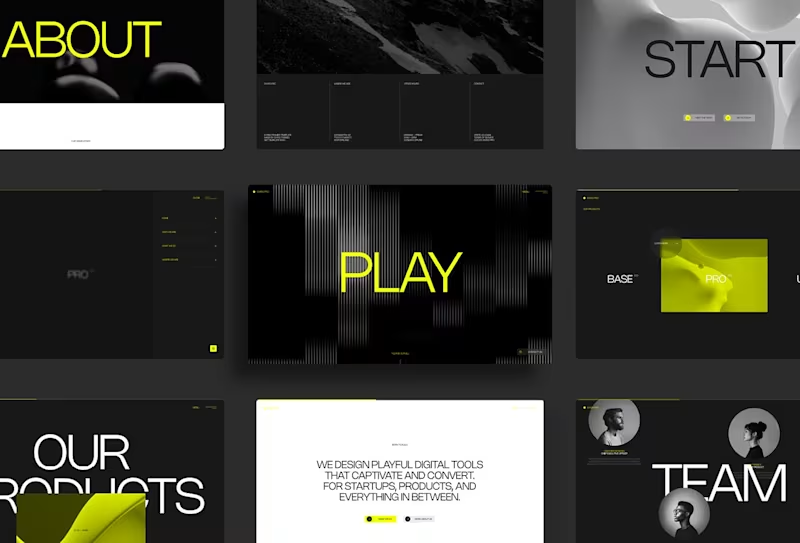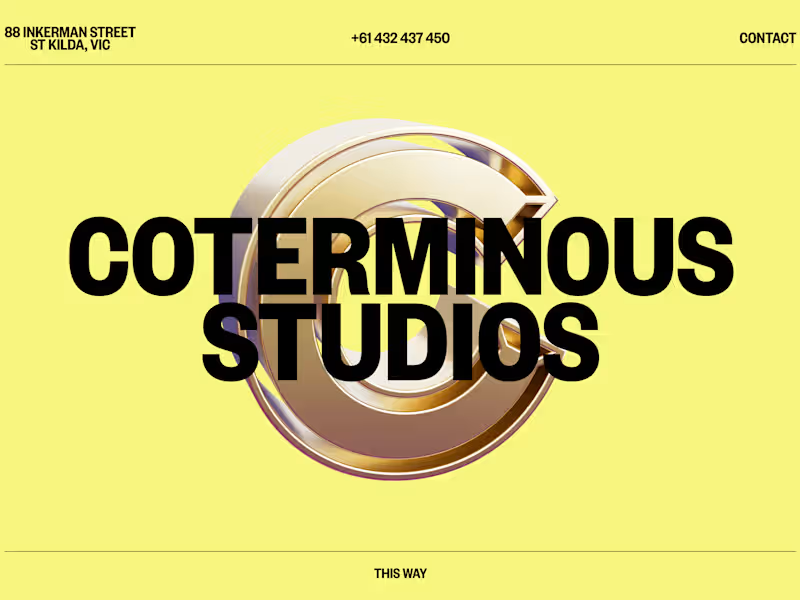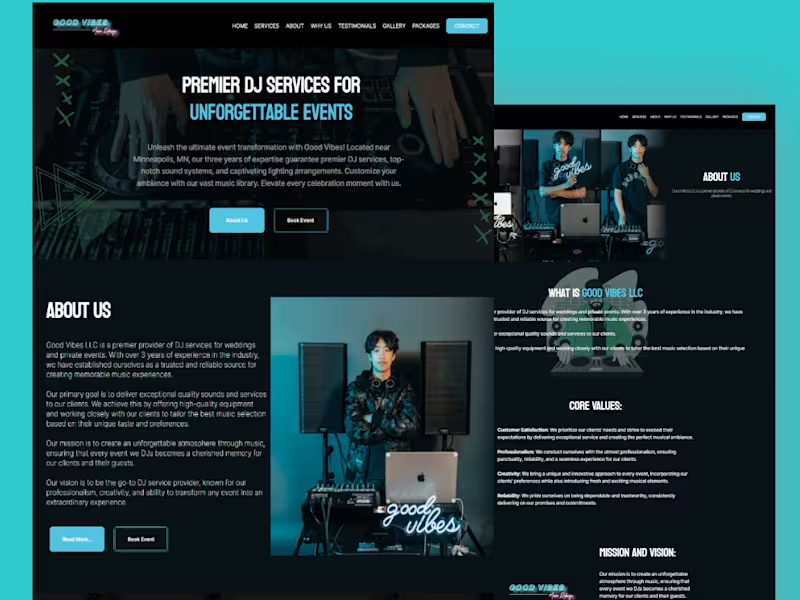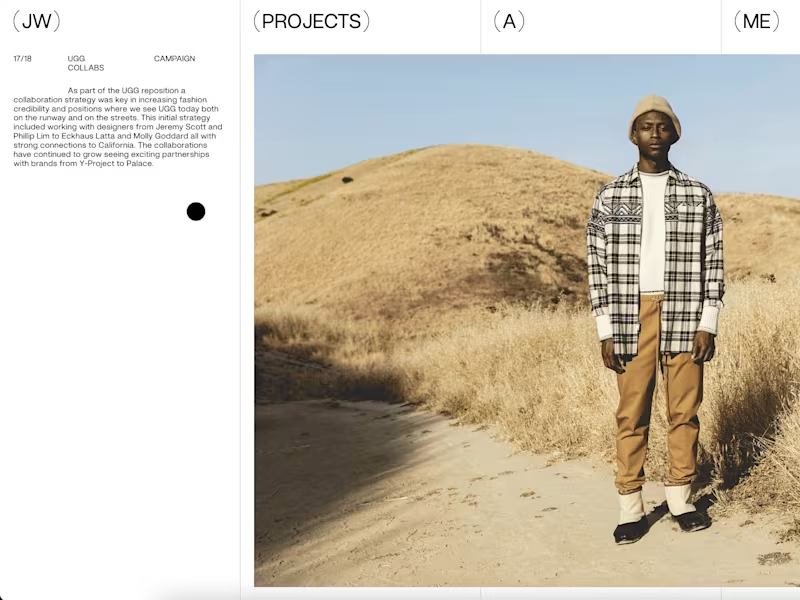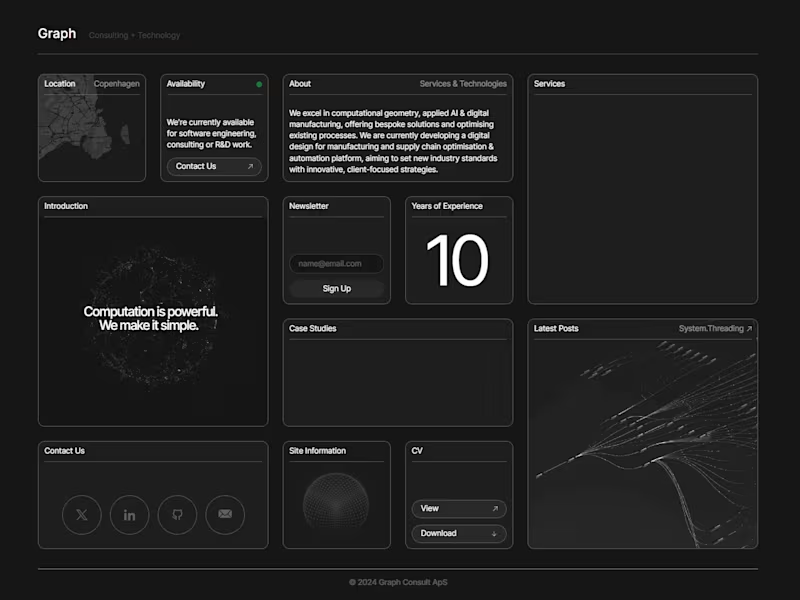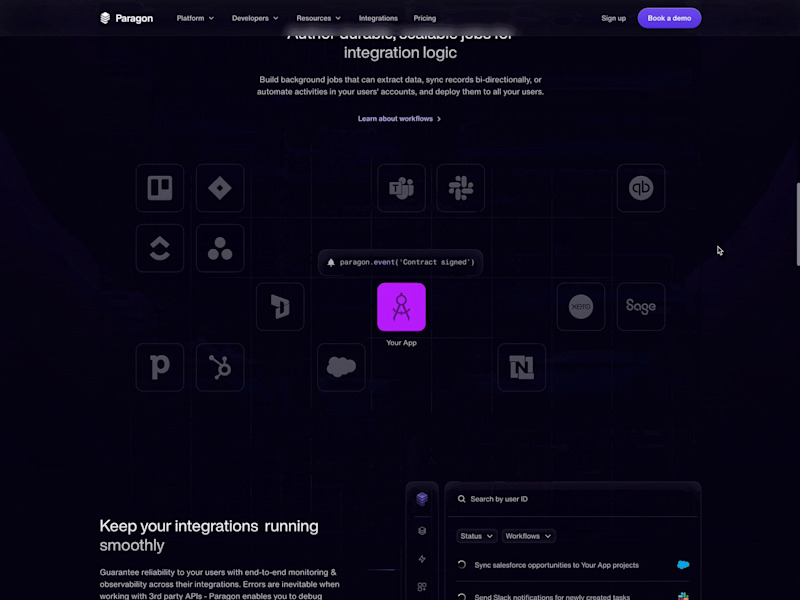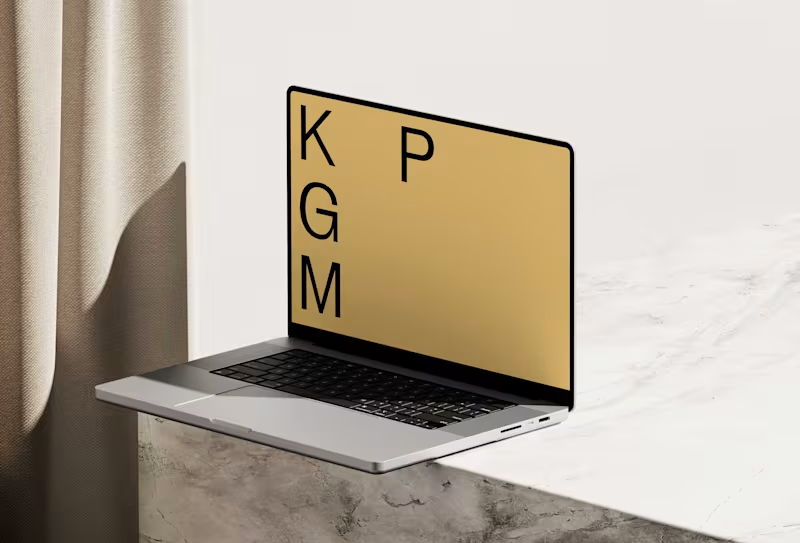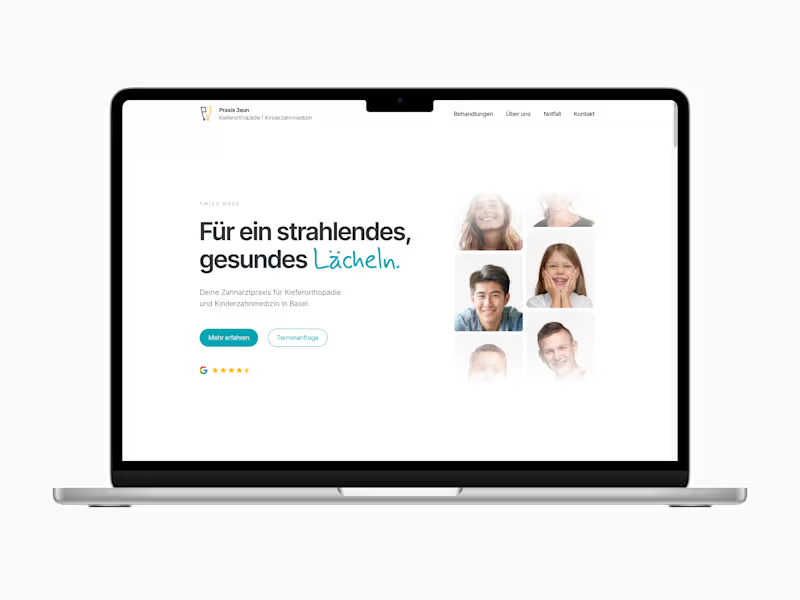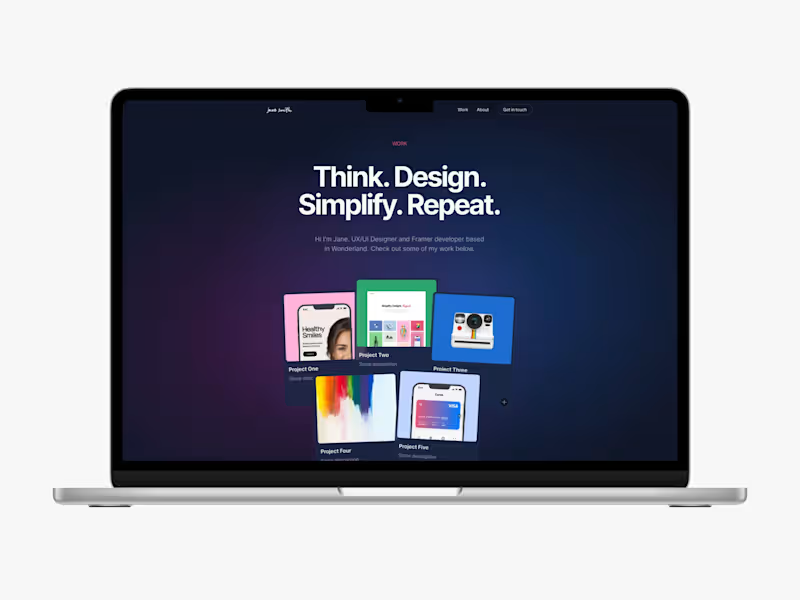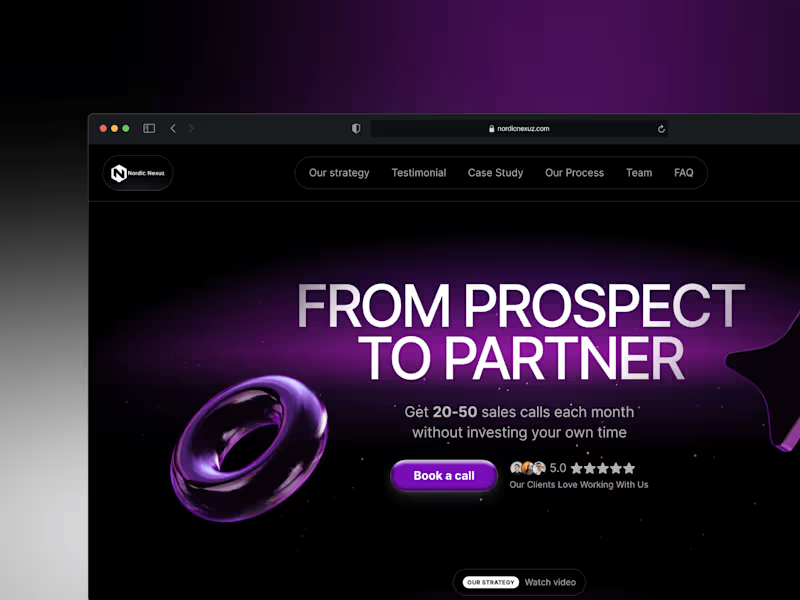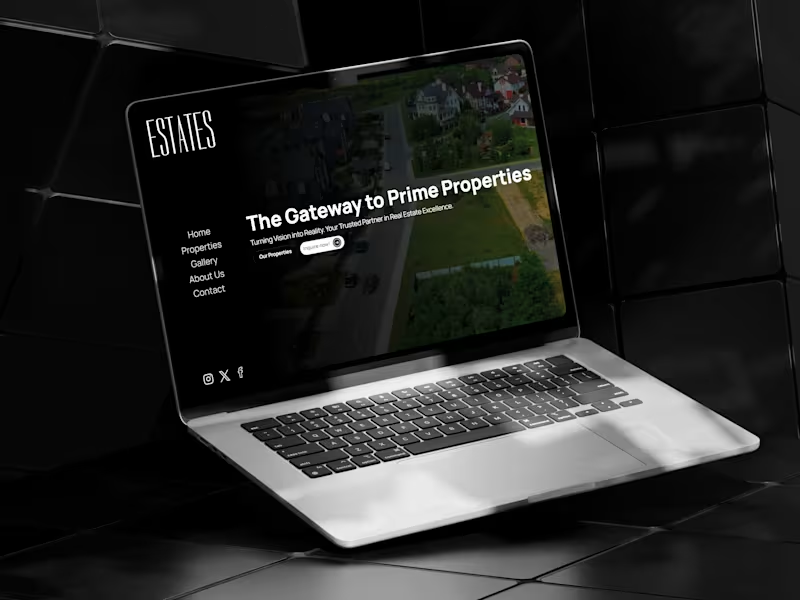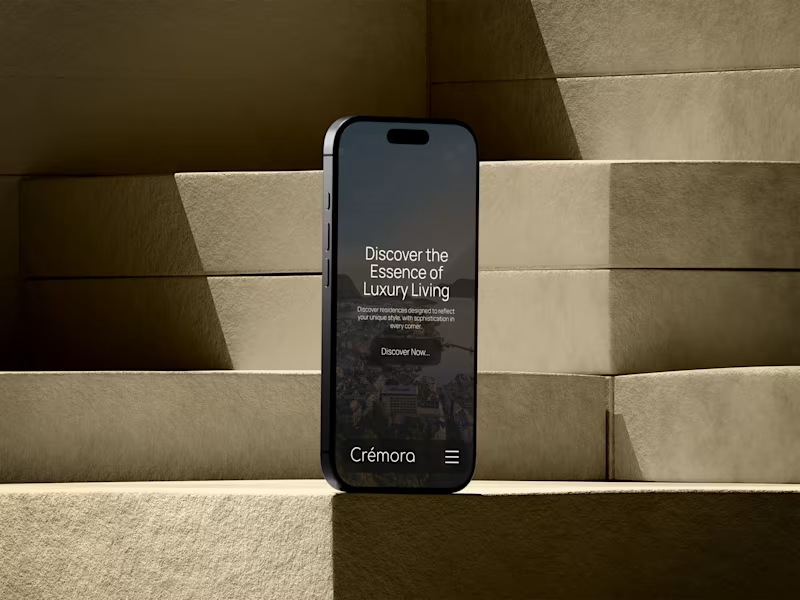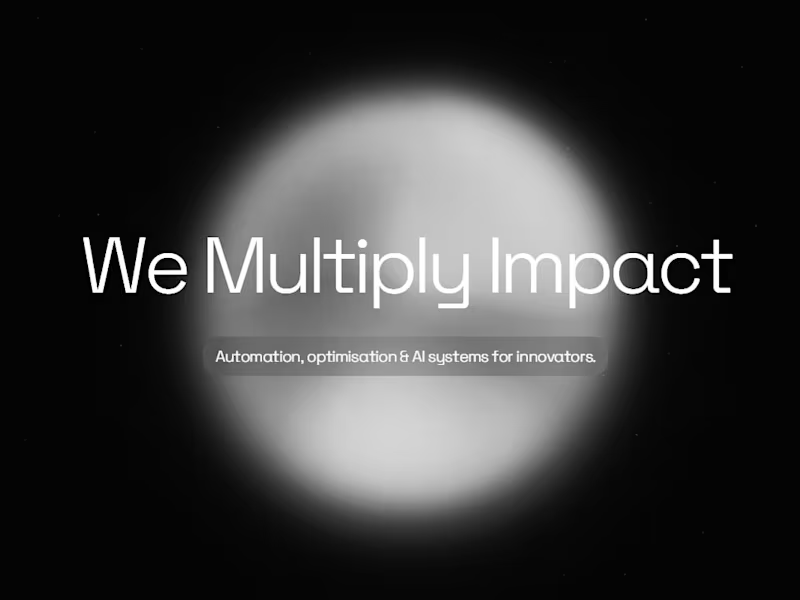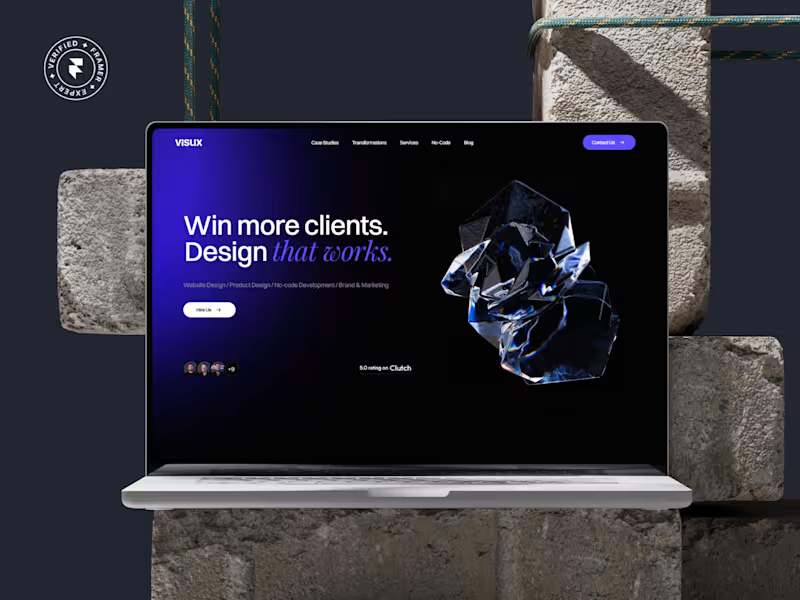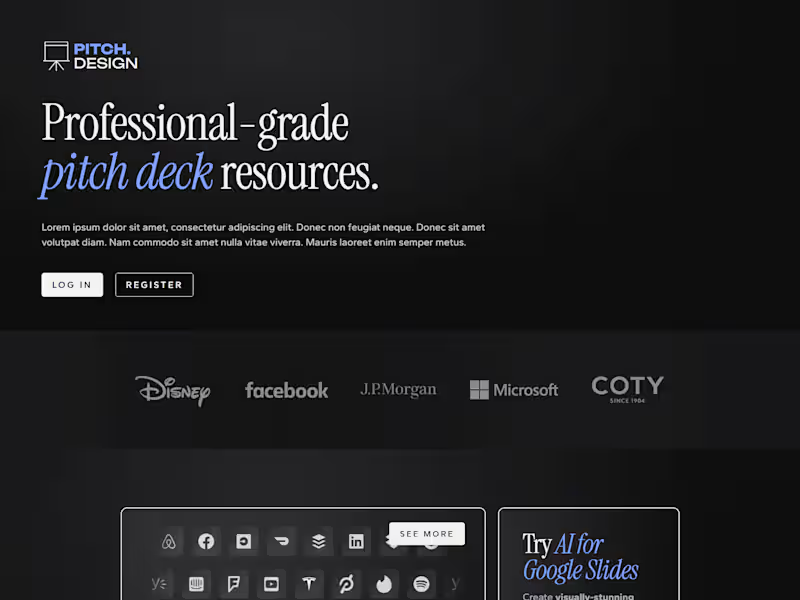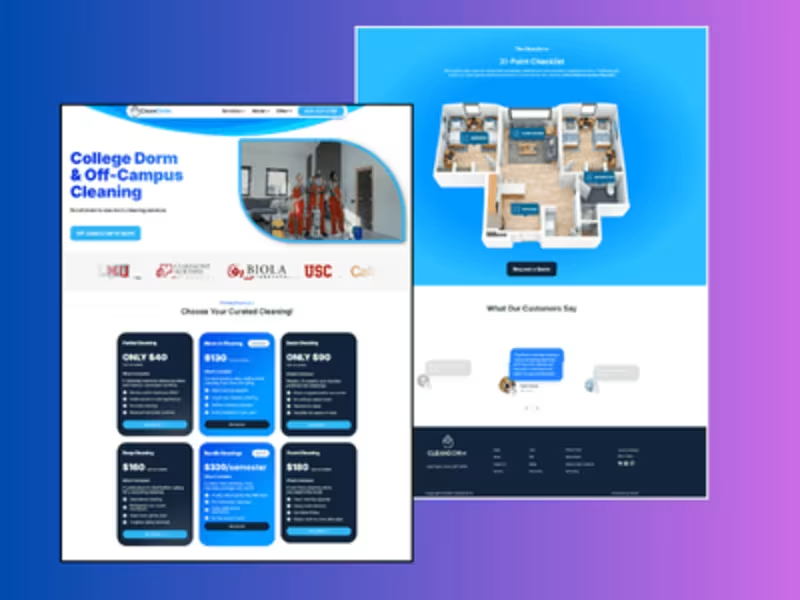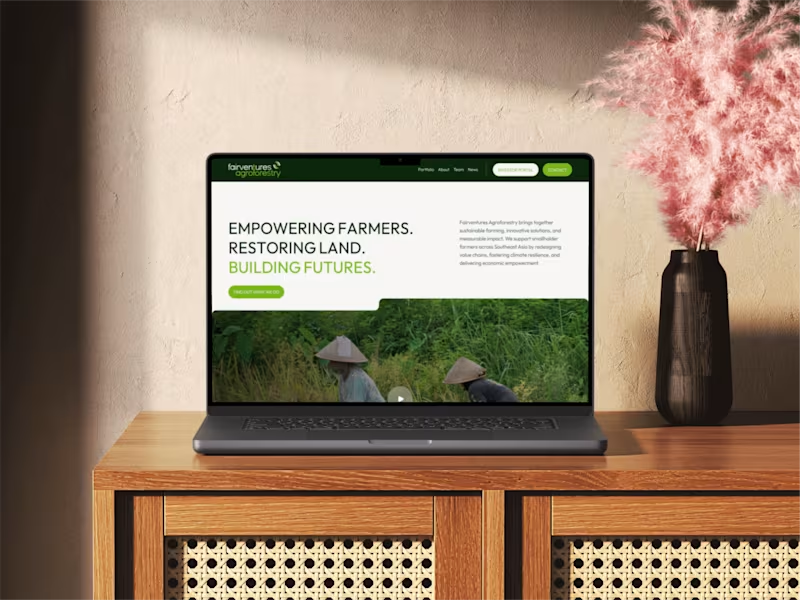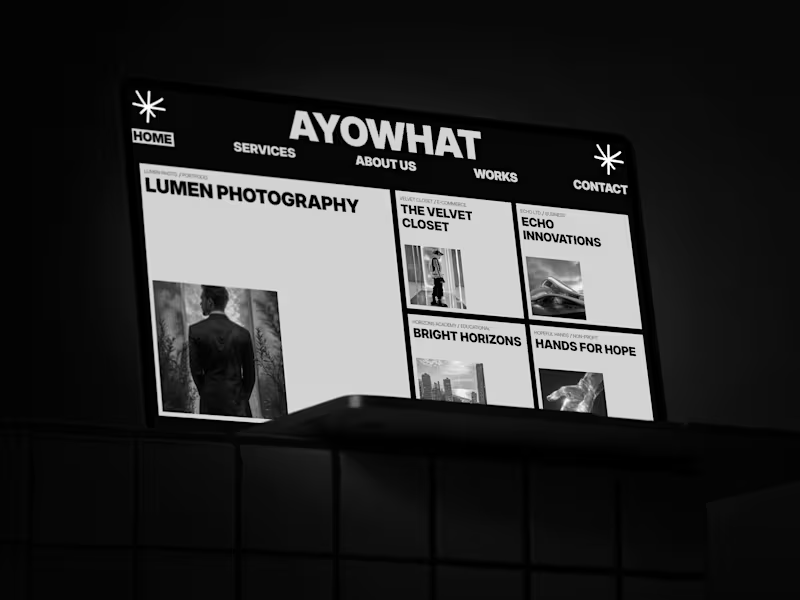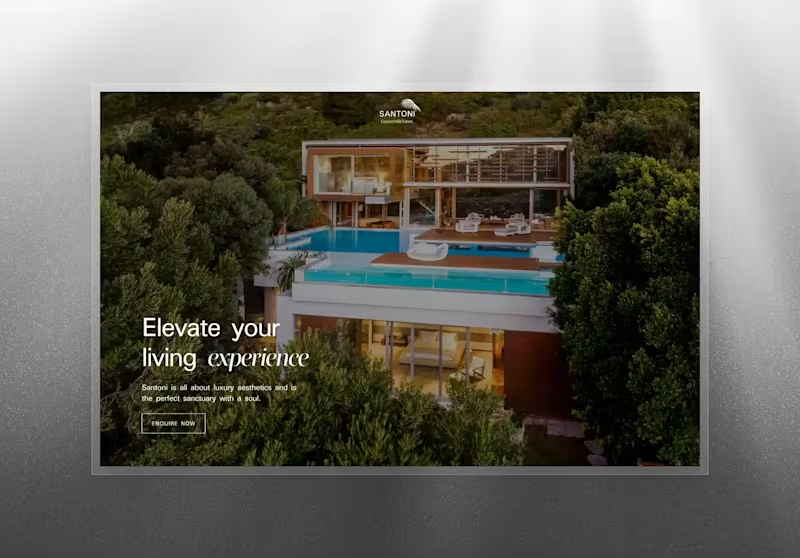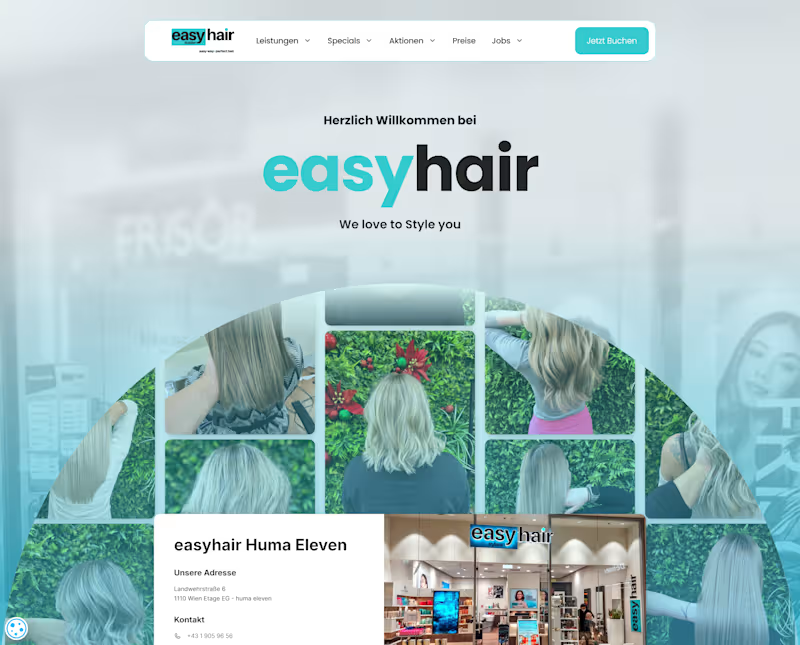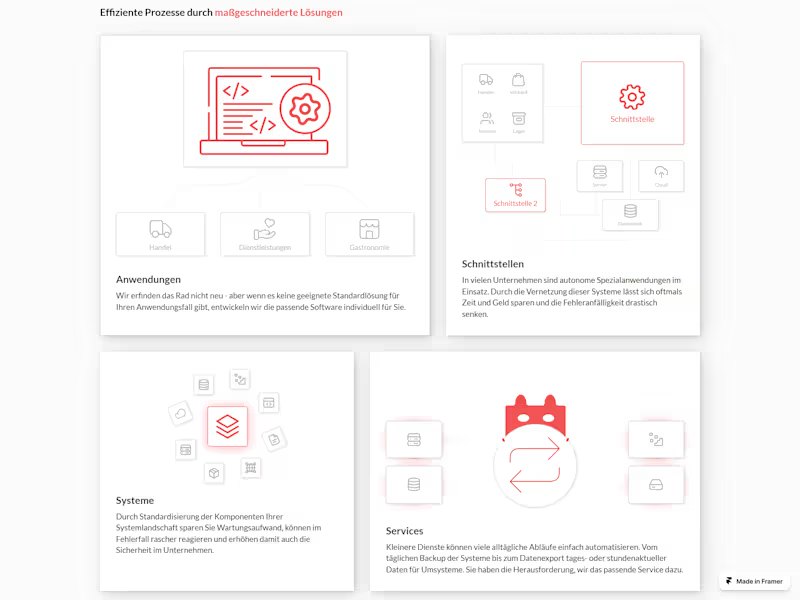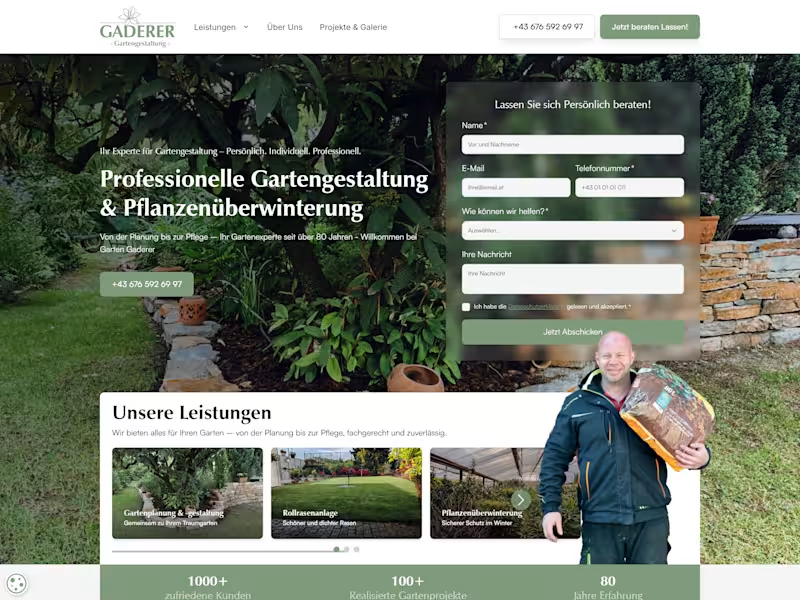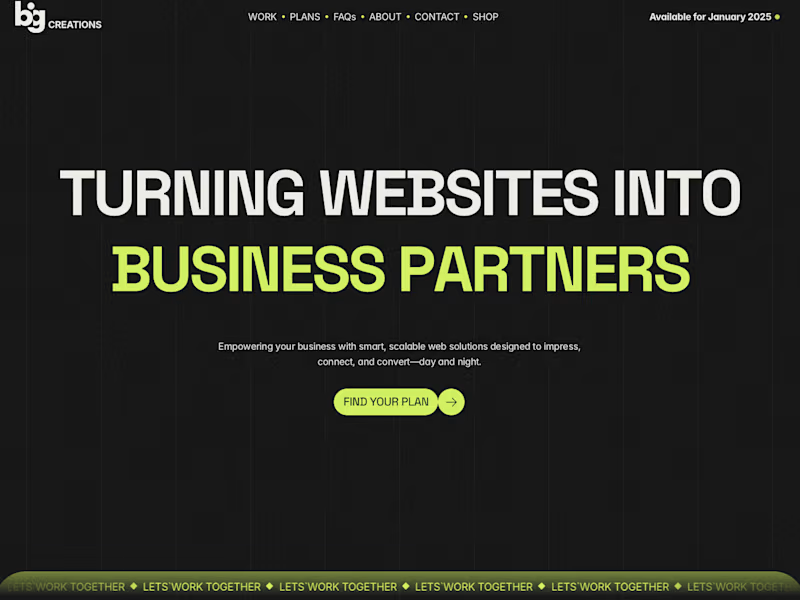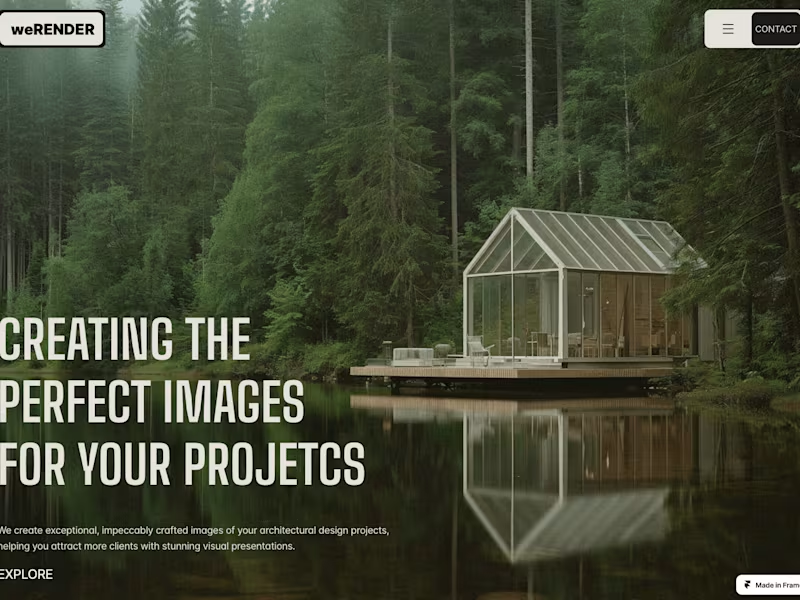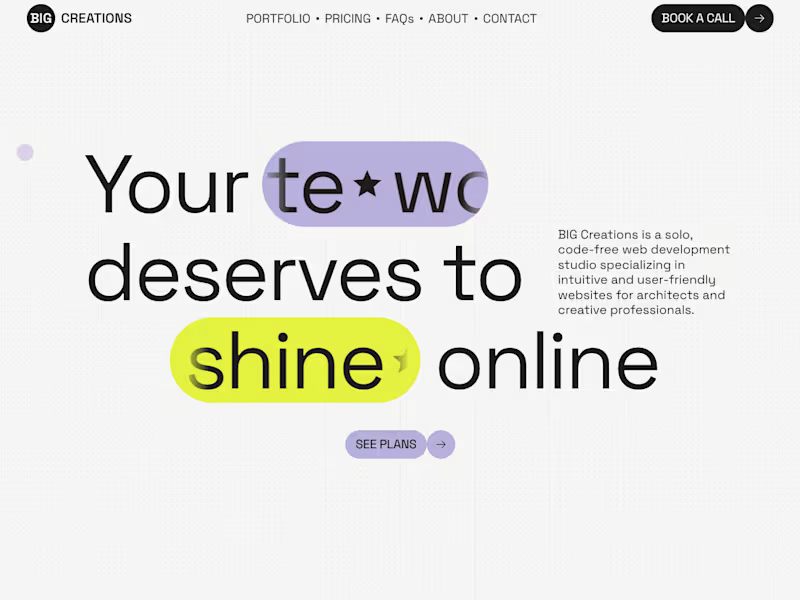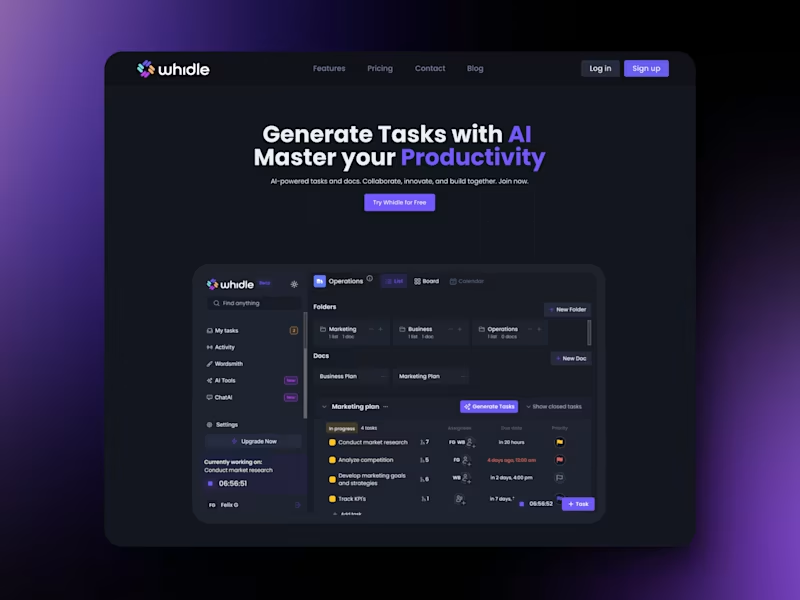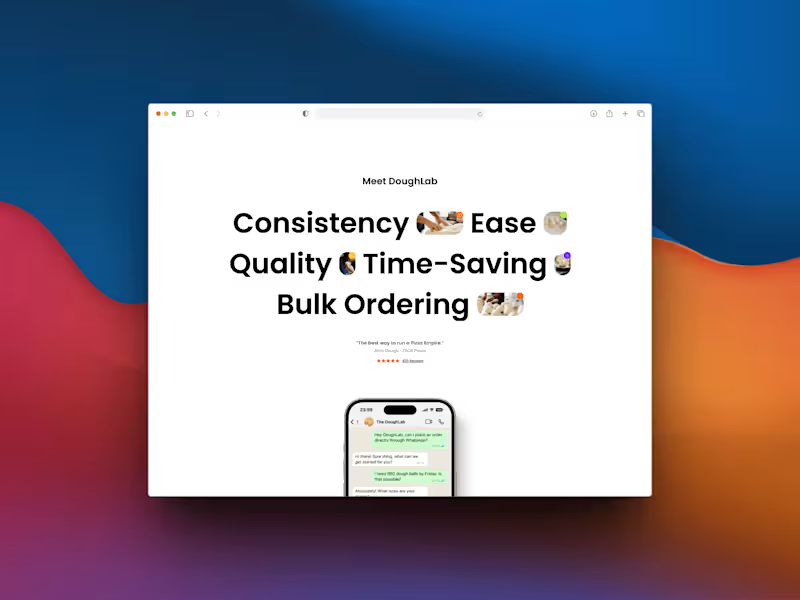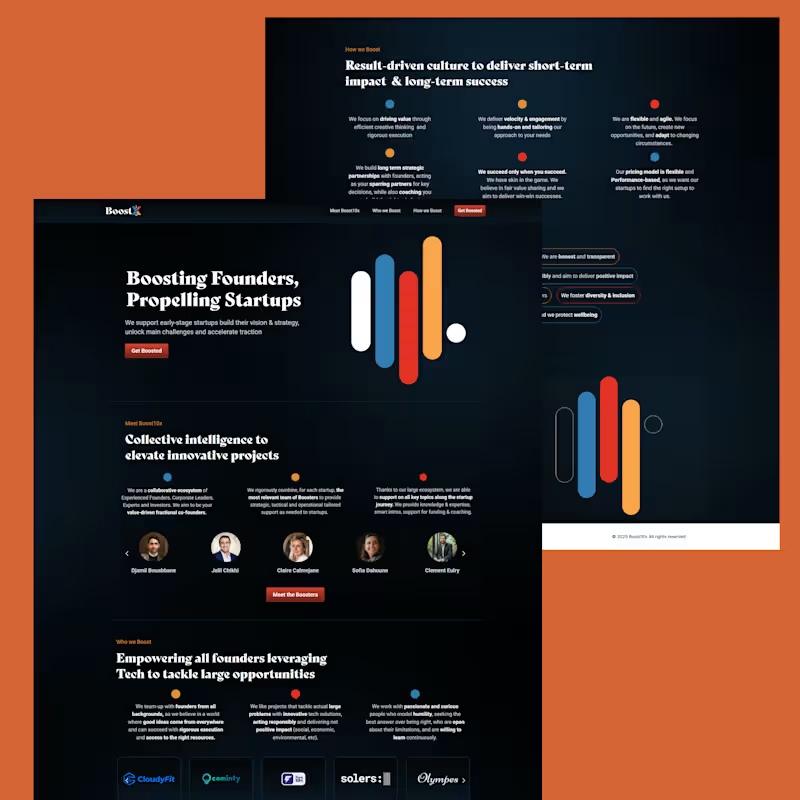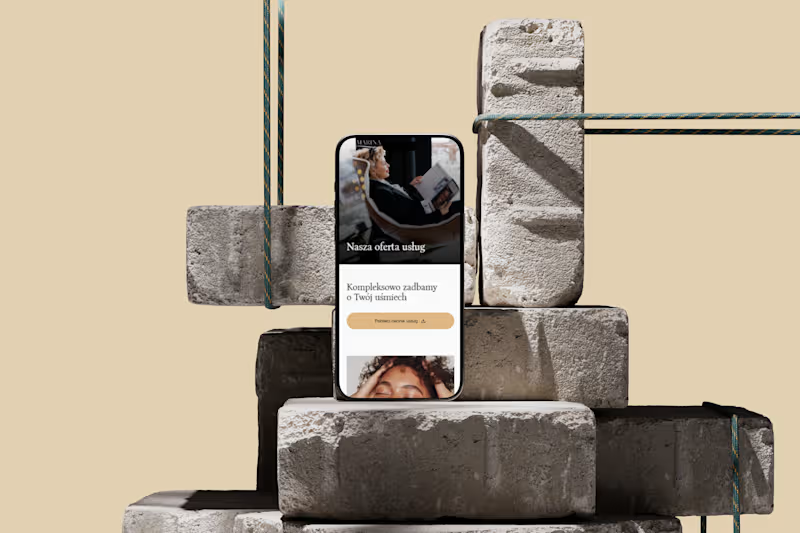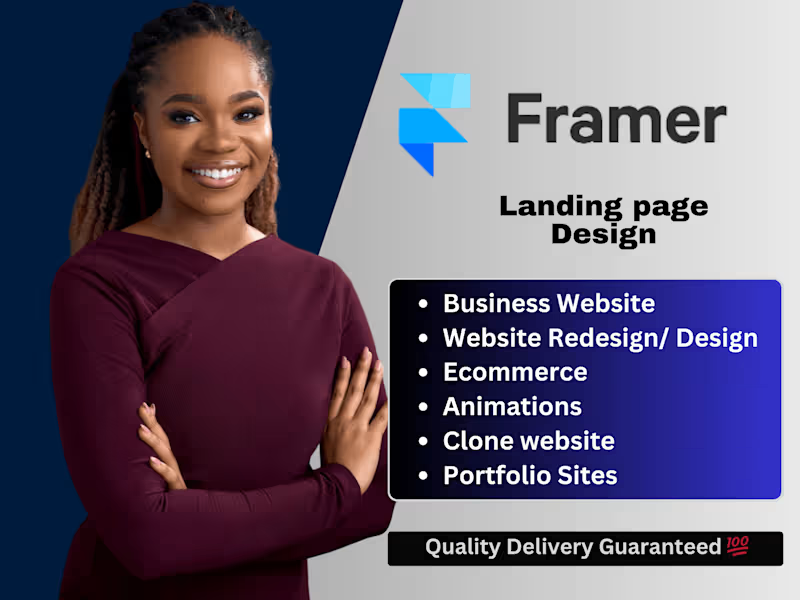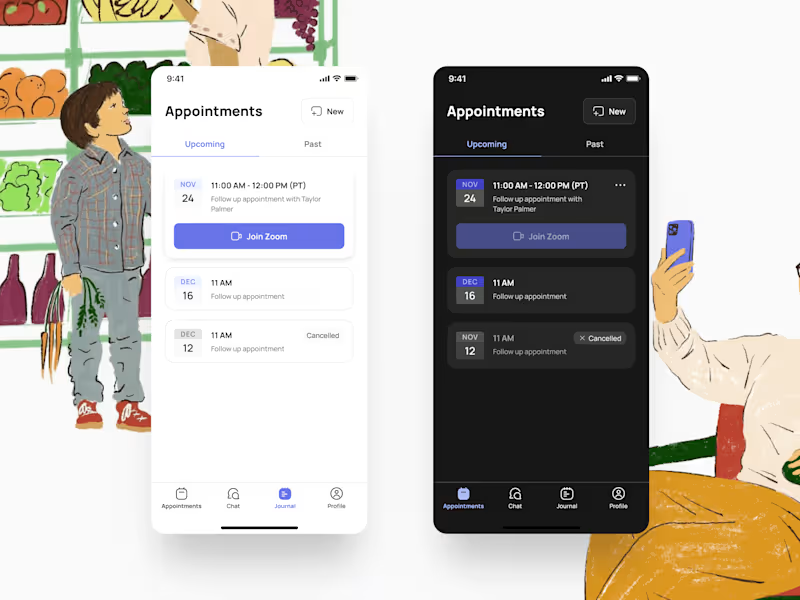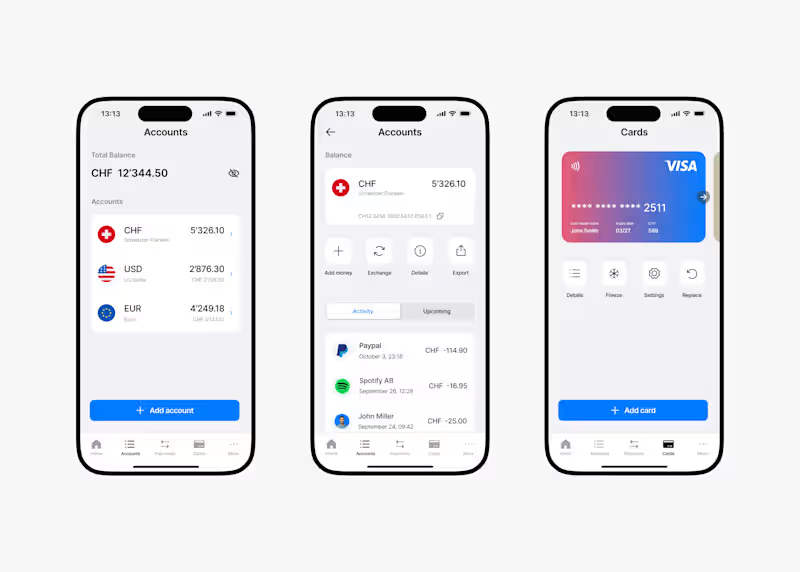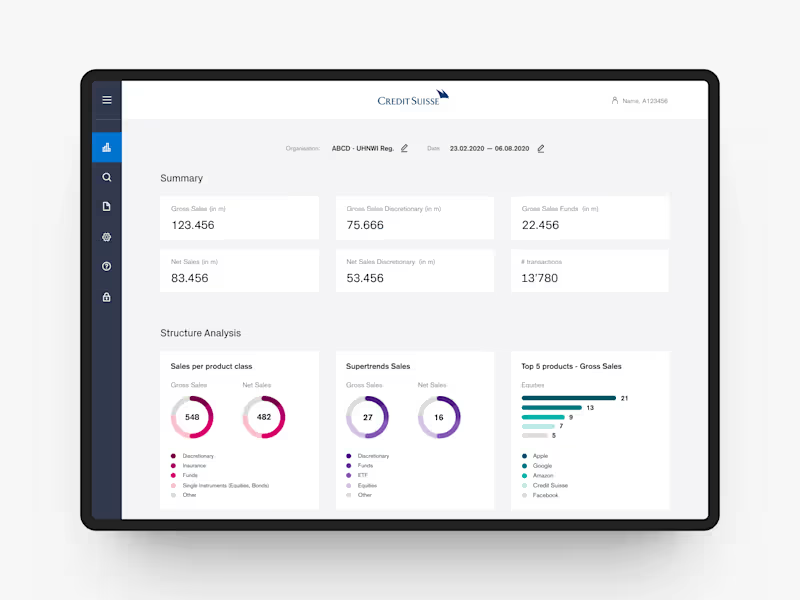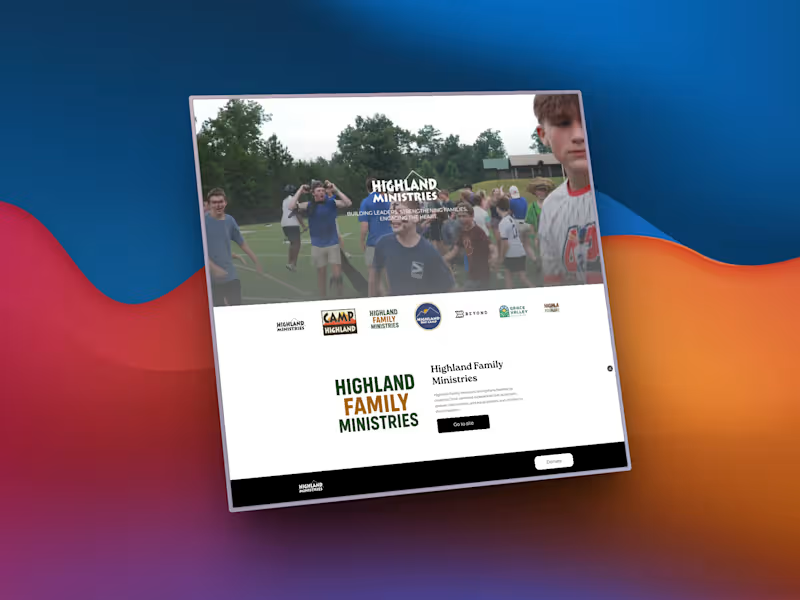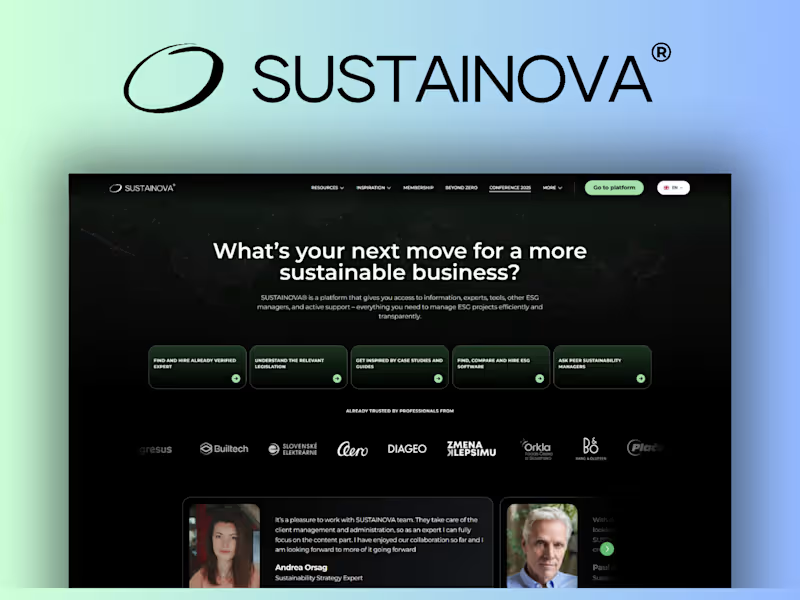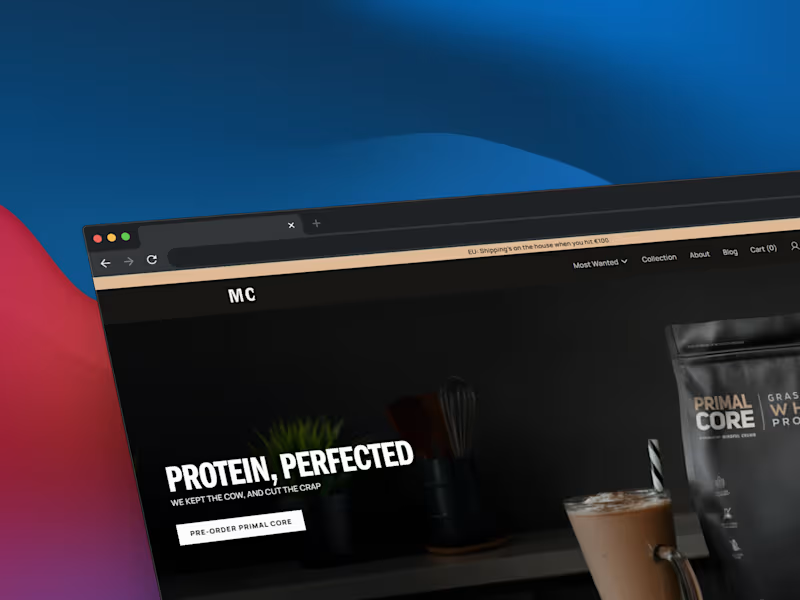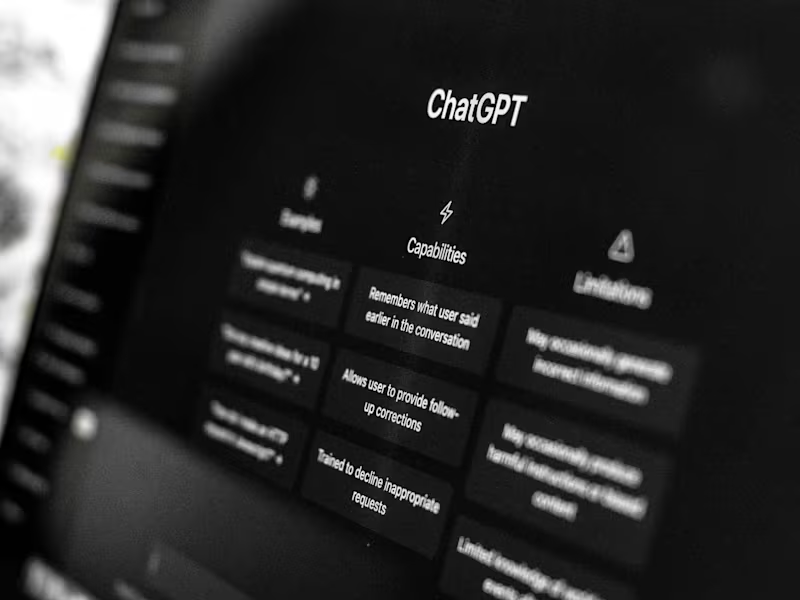How do I define the scope of my project for hiring a Framer developer?
Start by clearly listing all the features and functionalities you need in your project. Think about what the final product should look like and how users will interact with it. This will help the Framer developer understand exactly what you want and how to build it.
What technical skills should I look for in a Framer developer?
Ensure the Framer developer is adept at prototyping and design systems. They should have strong skills in JavaScript, CSS, and HTML. Familiarity with digital tools such as Figma or Sketch can also be very useful.
How can I assess the portfolio of a Framer developer?
Check if their past projects match the complexity and style of your needs. Look for creative problem-solving in their work. Also, see if they’ve built projects that are similar to yours, as it shows they understand your industry.
What deliverables should I agree on with a Framer developer?
Agree on key milestones and what functionalities will be delivered at each step. Confirm the specifics of the prototypes and the final design. This helps both you and the developer stay on the same page and track progress.
How can I ensure good communication with my Framer developer?
Set up regular check-in meetings to discuss progress and any potential roadblocks. Use emails or messaging tools to keep in touch and share updates frequently. Good communication helps the project move smoothly and efficiently.
What timeline should I set for my Framer project?
Decide on realistic deadlines by breaking the project into phases. Allow additional time for reviews and any unexpected changes or feedback. A clear timeline helps manage expectations and ensures timely delivery.
How can I set clear expectations with a Framer developer?
Communicate all your requirements and vision clearly. Provide any references or examples to help them understand your style. Clarity at the start ensures the developer knows exactly what you’re pursuing.
What is the best way to handle revisions with a Framer developer?
Discuss and agree upon a revision process before starting the project. Specify how many revisions are allowed and what kind of changes can be made. This helps avoid confusion later on and keeps everything organized.
Who is Contra for?
Contra is designed for both freelancers (referred to as "independents") and clients. Freelancers can showcase their work, connect with clients, and manage projects commission-free. Clients can discover and hire top freelance talent for their projects.
What is the vision of Contra?
Contra aims to revolutionize the world of work by providing an all-in-one platform that empowers freelancers and clients to connect and collaborate seamlessly, eliminating traditional barriers and commission fees.




























